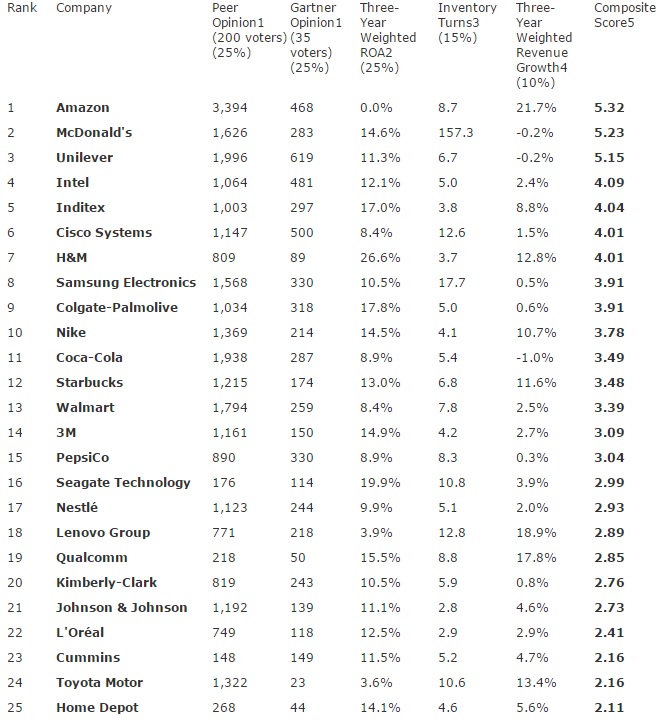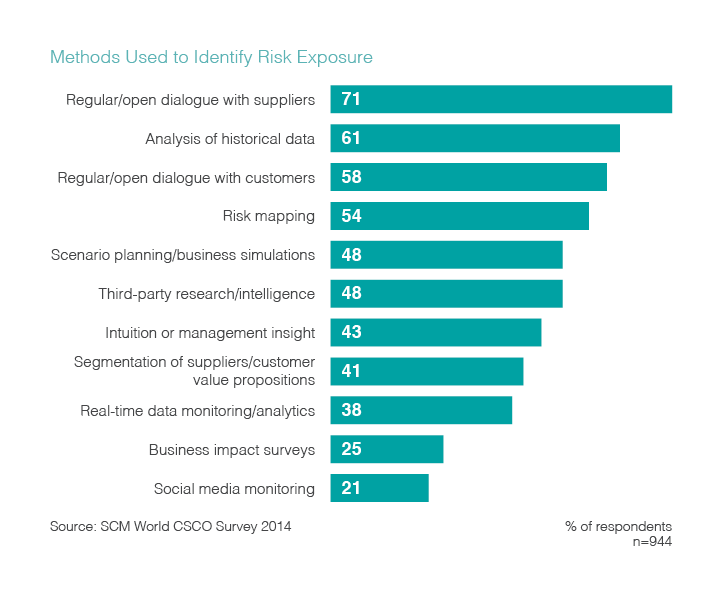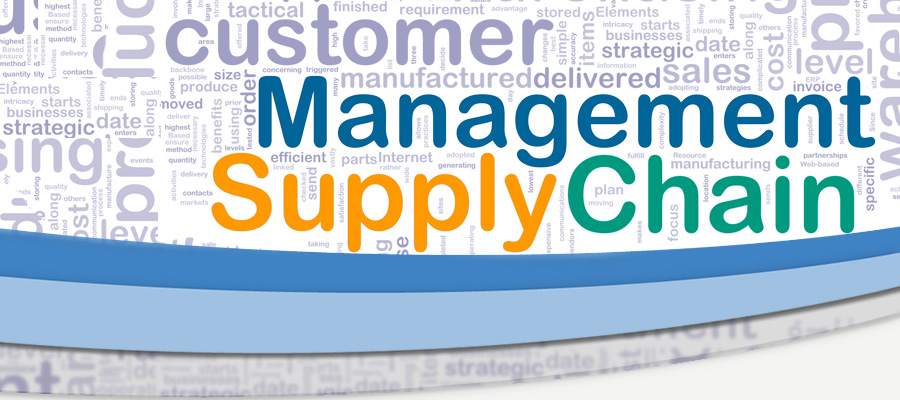
- The Procurement Maturity Curve — savings at every stage
Fortunately, the high priority placed on savings doesn’t lock Procurement in a race to the lowest price where we must compromise quality or functionality to shave off a few pennies. As Procurement matures and enterprise spend becomes better managed, increasingly strategic approaches can be applied to continue generating comparable levels of savings: switching to more innovative supply partners, introducing alternative materials or adopting a more appropriate commercial model.
Truth be told, I shared the article for the image (I am sure it will find its way into a presentation at some point)
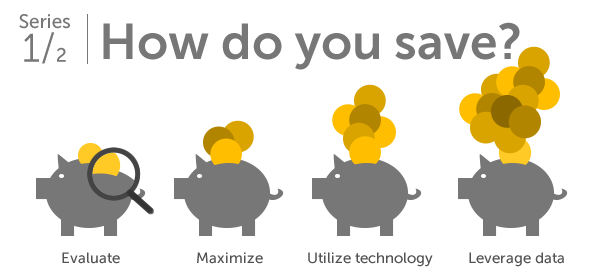
http://www.determine.com/blog/entry/the-procurement-maturity-curve-savings-at-every-stage - Are tablets dead?
- Now that AI has mastered ‘Go,’ are all our jobs next?
Here’s an example: There are currently more than 230,000 taxi drivers in the U.S., according to the Bureau of Labor Statistics — not counting Uber or other alternatives.
“Once driverless cars are mainstream, all those jobs are going to go away — those people are going to have to find something else to do to support their families,” Upadhyay pointed out. “That’s disruptive.”
Additionally…
“In a way, it’s looking through data from 20 million U.S. businesses — that’s something no sales rep can ever put in their head,” Upadhyay said.
The effect, though, isn’t that companies get rid of all their salespeople and replace them with predictive-marketing software. Rather, it’s changing the human focus from predicting who will buy to closing the deal, he pointed out.
“It’s moving from one skill that people were bad at anyway and shifting to what they’re good at,” Upadhyay explained. After all, marketers tend to be creative — “in cases like this, the machine is actually freeing people to do what they love.”
http://www.cio.com/article/3030672/now-that-ai-has-mastered-go-are-all-our-jobs-next.html#tk.rss_all
- Supply Chain Priorities for 2016:
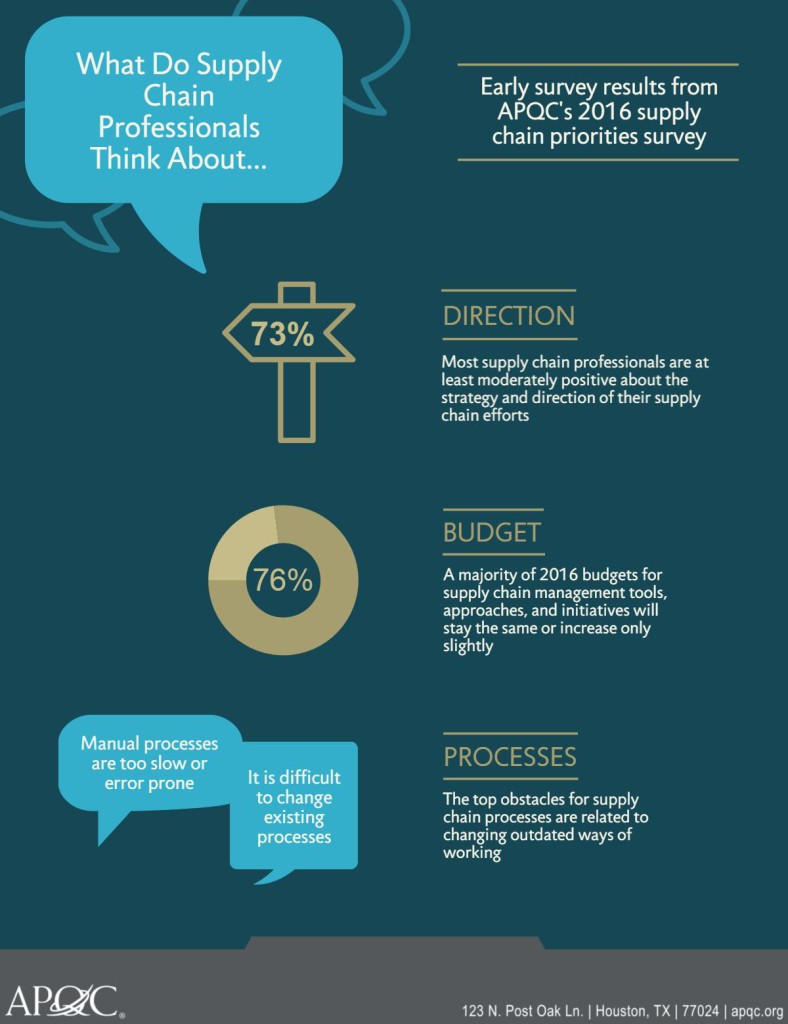
https://www.apqc.org/blog/supply-chain-management-priorities-2016
Photo: Łukasz Popardowski




